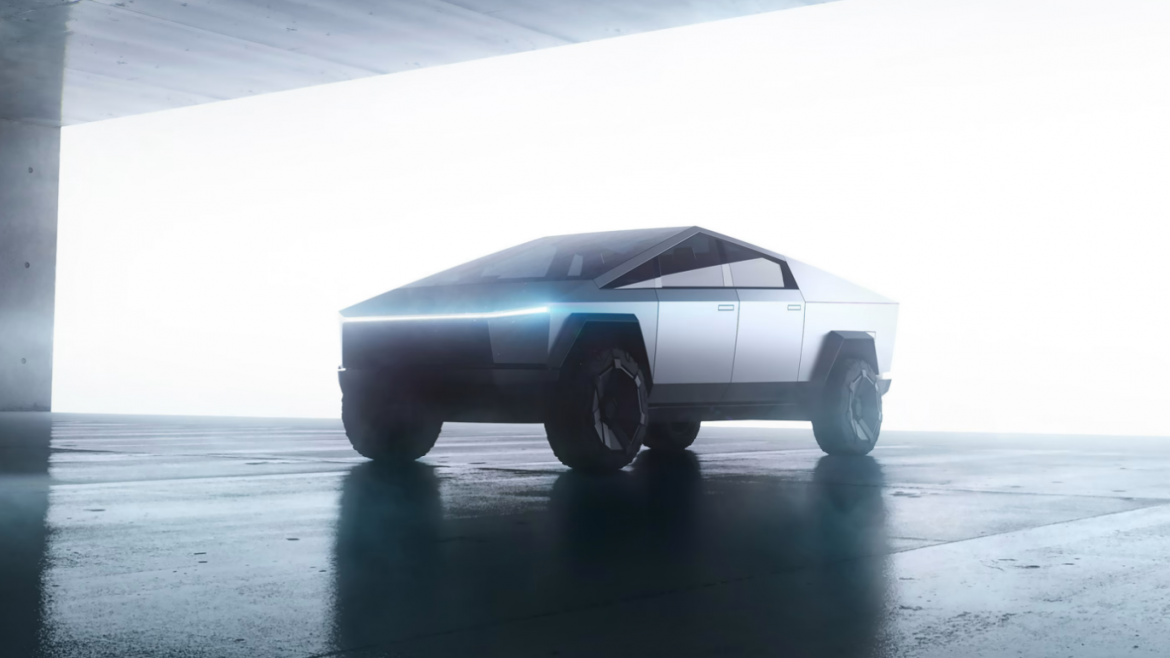Tesla CEO Elon Musk has announced that deliveries of the much-anticipated Cybertruck electric pickup truck will commence on November 30. This move signals the electric vehicle giant’s entry into the highly profitable and popular pickup truck segment in the United States, currently dominated by automakers like Ford, General Motors, and Rivian.
Challenging Production Prospects
While the Cybertruck has generated substantial excitement and garnered over 1 million reservations, Musk cautioned against high expectations. During an earnings call, he acknowledged that Tesla might face “enormous challenges” in scaling up production and achieving profitability, potentially alluding to the unique design and manufacturing methods involved in the Cybertruck’s production.
Tesla initially forecast an annual production capacity of more than 125,000 Cybertrucks, with an outlook to potentially reach 250,000 units by 2025. However, Musk’s recent statements indicate that realizing these production goals may be more complex than initially anticipated.
Pricing Expectations
Tesla is set to announce pricing details for the Cybertruck at an event scheduled to take place at its Texas factory on November 30. In 2019, the company had aimed to price the vehicle below $40,000. However, rising battery raw material costs in the electric vehicle industry have likely impacted this target. As a reference, the competing Rivian R1T starts at $73,000, while Ford’s F-150 Lightning is priced from approximately $50,000.
Analytical Skepticism
Some industry analysts remain cautious about Tesla’s production projections. Seth Goldstein, an equity strategist at Morningstar, expressed skepticism regarding the automaker’s sales and production estimates. He pointed out that the initial production levels are likely to be much lower than Tesla’s stated capacity.
Price Adjustments to Boost Demand
Tesla has been actively adjusting the prices of its electric vehicles this year. This strategy is aimed at expanding its customer base and leveraging its potential for selling high-margin self-driving software in the future. The electric vehicle market has experienced a decline in demand over the past year due to higher interest rates, which have led to increased financing costs and curtailed discretionary consumer spending.
Despite the expected challenges and skepticism from some quarters, Tesla remains optimistic about the Cybertruck’s success in the electric pickup truck market. Deliveries commencing at the end of November mark a significant milestone in Tesla’s mission to establish a foothold in this highly lucrative segment.
Tesla’s Competitors in the Electric Pickup Truck Segment
The Cybertruck is set to compete with other electric pickup trucks such as the Rivian R1T, Ford F-150 Lightning, and General Motors’ Chevrolet Silverado EV. These vehicles have generated considerable attention from consumers and investors alike, highlighting the growing demand for electric trucks in the market.
As Tesla navigates the intricacies of the pickup truck segment, the industry and consumers eagerly await the pricing details and the subsequent market response to the Cybertruck.



